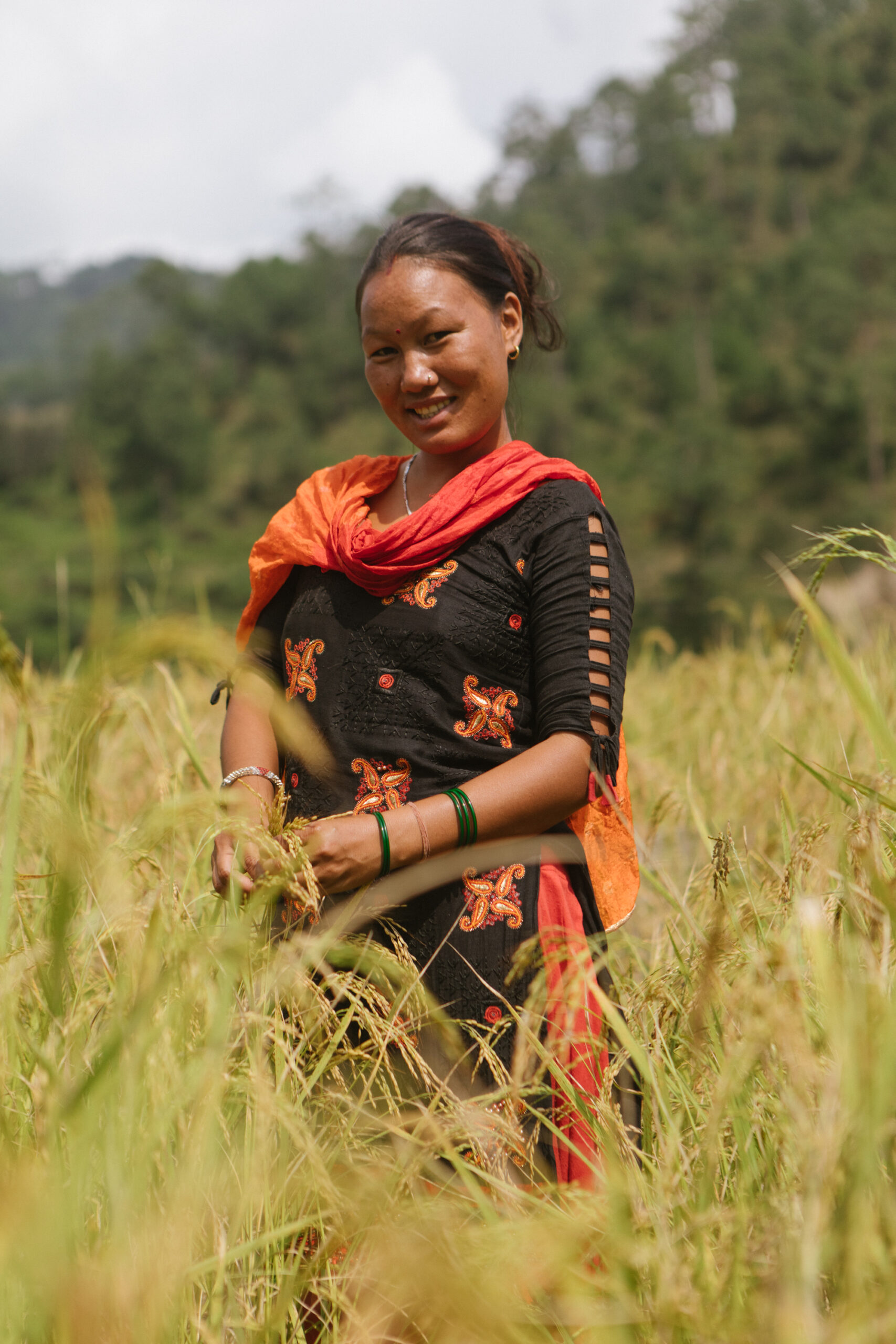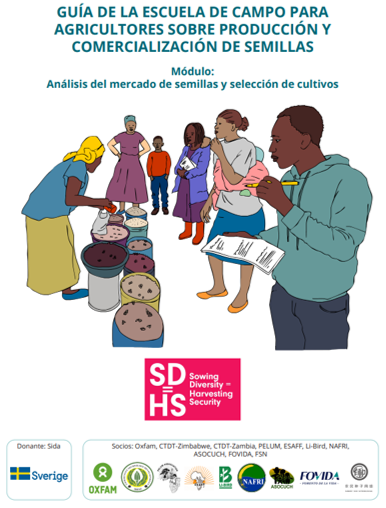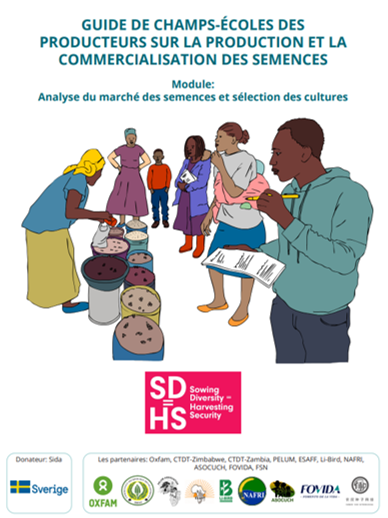Evaluation of pilot phase (2021-2023)
The Gender Journey Module (GJM) was developed by Oxfam Novib and Oxfam in Laos for this specific context (Gender Journey Module). Main objective of the GJM is to help facilitators and farmers to reflect on gender issues and promote women’s leadership and the equal participation of women and men in their FFS.
In total, six of eight SD=HS countries (Zimbabwe, Zambia, Uganda, Laos, Nepal and Peru) took part in the pilot phase, which started in 2021. Since it was a pilot, the implementation was not mandatory and only a
limited number of FFS per country applied the module in the areas of participatory plant breeding, seed production and marketing and nutrition. Oxfam Novib organized Q&A sessions to clarify questions about the module and provide assistance in formulating Gender Action Plans.
Conclusions & Recommendations
The Gender Journey Module was developed to introduce “gender” as a topic through the actual work on the ground, to improve FFS operations and results. As requested by country teams, the process requires not a lot of extra time and is linked to the regular FFS curriculum.
The evaluation shows that the module helped improving FFS operations and more important, improving the results of the regular work on participatory plant breeding, seed production and marketing and nutrition. Gender-related discussions in FFS had an impact on household and community levels and women feel more confident to express their opinions and even take up leadership roles (e.g. as subgroup leaders or facilitators). However, the link to the community level needs to be strengthened. And there should be space to discuss topics that come up during FFS discussions (like land rights).
The evaluation also shows the importance of good facilitation. Facilitators need to be motivated and prepared to guide the group. We have also seen that countries have different approaches, from strictly following the module guidelines to a more creative interpretation by organizing extra sessions or events around gender.
The Gender Journey Module definitely meets the goals of improving FFS operations and results and even can influence households and communities. It is a good starting point for gender discussions, which otherwise wouldn’t happen at all. It probably can’t change deeply rooted gender inequalities within a few FFS sessions. The GALS methodology or the consultation of external gender specialists could be a good addition here.
We recommend to roll out the (revised) Gender Journey Module in more Farmer Field Schools in a new program.
Recommendations to improve the tool:
– Stronger link between FFS discussions and community level required
– Introduction and start implementation GJM at the beginning of the FFS season
– Highlight importance of including Gender Action Plans in the regular FFS curriculum
– (External) Gender experts can support discussions on deeply rooted gender inequalities and special topics (like land rights)
– Guide: More illustrations, less text
– Participatory exercises: more drawings
Find the full report below.









